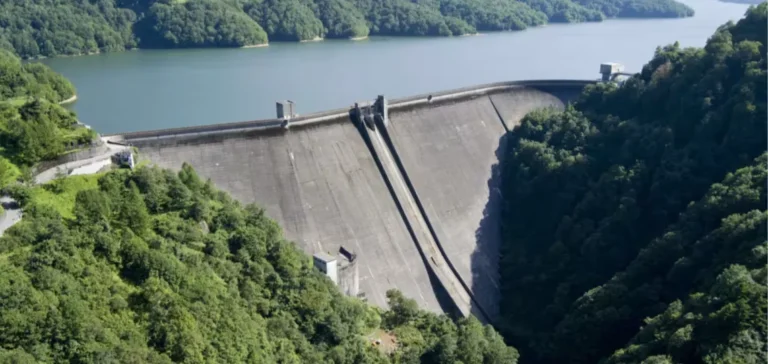The Tokyo Metropolitan Bureau of Transportation has issued a call for proposals to select a power retailer for a two-year electricity offtake agreement covering the output of its hydropower facilities. The total expected volume is approximately 210 GWh for fiscal years 2026 and 2027. Submissions must be filed by October 29, with final results expected in January 2026.
Three plants and a dual electricity use
The contract includes the full output from the bureau’s three hydroelectric plants: the 19 MW Tamagawa No. 1, the 16.4 MW Tamagawa No. 3, and the 1.1 MW Shiromaru plant. Combined, they are projected to generate around 209.9 GWh over the two-year period. The selected retailer will be required to both purchase this output and resupply part of it to municipal facilities, including 20 Toei Bus depots and three sites of the Toden Arakawa Line network.
The electricity delivered will power public transport operations, including the two electrical substations used for the network. This internal resale mechanism is one of several evaluation criteria, alongside the purchase price and supply conditions.
Competitive process and broader criteria
The Tokyo Bureau noted that proposals will also be assessed on how remaining volumes will be used within the city and on the financial stability of the applicants. The aim is to ensure local usage and operational continuity while maintaining economic performance.
This is the third competitive process initiated by the bureau to commercialise output from its plants, including non-FIT (feed-in tariff) non-fossil fuel certificates. The first contract, covering fiscal years 2021 to 2023, was awarded to ENEOS. Tokyo Gas, the current contractor, is operating under a shortened two-year agreement through the end of fiscal year 2025.
Tight deadlines for supplier transition
The timeline set by the authorities allows less than two weeks for applicants to submit their bids. This pace reflects the bureau’s intention to ensure a seamless transition when the current agreement ends. The new supplier is expected to be confirmed in time for activation in April 2026.






















